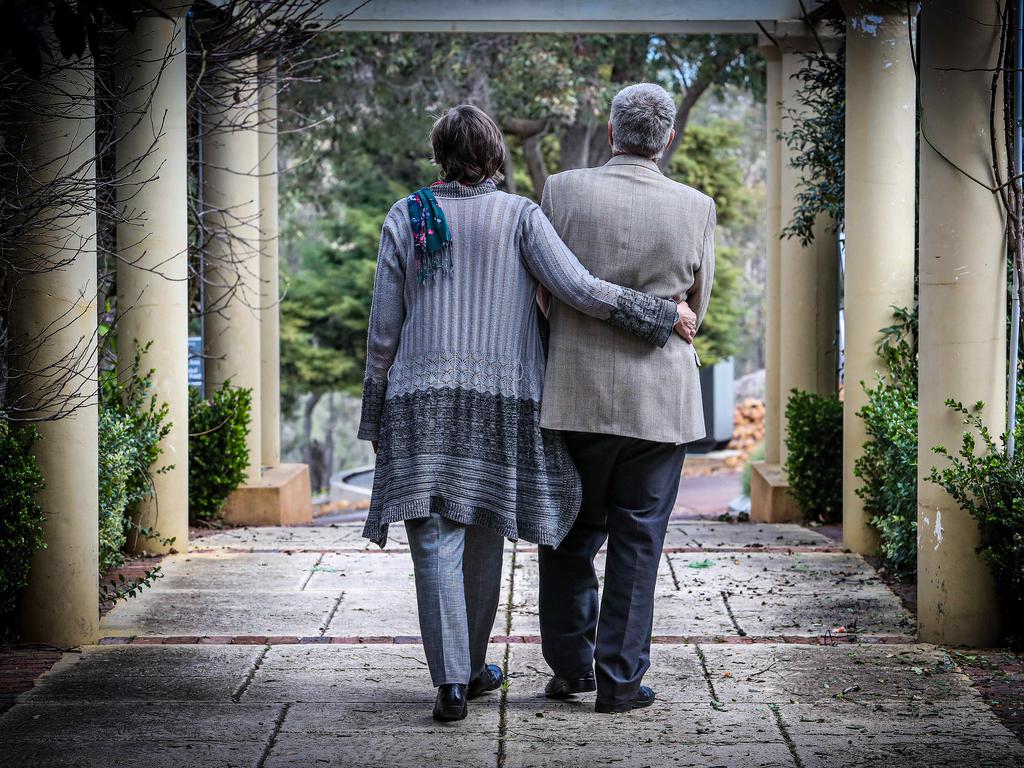Top children’s hospital silent on judge’s criticism of gender care guidelines
The Royal Children’s Hospital Melbourne has refused to respond to a Family Court judge’s criticism of its care standards for children presenting with gender concerns.

One of the nation’s top children’s hospitals has refused to publicly defend its own treatment standards for patients questioning their gender, following calls for the “concerning” guidelines to be repealed after a Family Court judge criticised them for unconditionally affirming a child’s chosen identity.
The Royal Children’s Hospital Melbourne this week ignored a series of detailed questions from this masthead regarding its controversial Australian Standards of Care and Treatment Guidelines, which fail to question any child that presents concerns regarding their gender.
This was despite judge Andrew Strum this week handing down a landmark judgment criticising the gender-affirming care model included in the guidelines, saying it overlooks the fact that children may be too young to make life-altering decisions for themselves.
Health Minister Mark Butler, who earlier this year instigated a review into the standards of care, on Thursday said he had been “thinking quite a lot” about the issue despite not yet having read the judgment.
He indicated changing international attitudes towards the treatment of gender-dysphoric children was a priority for his office, and said he would await the outcome of the National Health and Medical Research Council review.
Assistant Health Minister Ged Kearney, however, refused to walk back from comments she made earlier this year describing the standards of care as “excellent”.
The Australian on Wednesday published the details of Justice Strum’s extraordinary judgment in a matter centring on a biological boy whose mother wished to prescribe puberty blockers, but whose father wanted to hold off on treatment and “let the child be the child”.
Justice Strum’s judgment did not specify what hospital the child attended.

In his decision, Justice Strum sided with the father and declared gender dysphoria was not “immutable” but could be influenced by external factors, placing him at odds with the Australian Standards of Care, which were developed by the Melbourne hospital and adopted across the country.
He said provisions in the standards of care to “affirm unreservedly” any child who raises concerns over their gender is “oddly binary”.
But despite numerous calls and emails to the Royal Children’s Hospital Melbourne on Wednesday and Thursday, The Australian has not received a response as to whether it still supports the controversial guidelines.
Mr Butler in January announced Labor’s plan to have the NHMRC and Therapeutic Goods Administration conduct a two-year review into gender therapies and develop new national guidelines.
At the time, Ms Kearney described the standards as “excellent clinical guidelines” that simply needed to be “updated”. Her office referred inquiries from this masthead to Mr Butler when asked on Thursday if she stood by these comments.
Mr Butler told reporters he had been “thinking quite a lot about this issue over the summer”, and keeping a close eye on changing attitudes overseas, including the landmark UK Cass Review, which recommended limitations on medication for gender-dysphoric children.
“After the Cass Review, I asked the National Health Medical Research Council to start a formal review of the clinical guidelines around gender-affirming care. This is a body that has been doing this work for decades. It has a statutory charter to do it,” he said.
“I think that’s been very widely welcomed from a range of different perspectives in this debate, and they’re in the process now of starting that work, and I think that will be for the good of the country.”
The Queensland government in January ordered an immediate statewide freeze on hormone therapy for new patients under 18 after it was discovered a 12-year-old in Cairns was allegedly given puberty blockers without parental consent or appropriate medical guidance.

Psychiatrist Jillian Spencer, who was suspended by Queensland Health for her outspoken views against gender-affirming care, told The Australian Justice Strum’s judgment was “a message for the government”.
“What the government needs to do is acknowledge now that it is a harmful approach to treating children with gender distress, and they need to take action to prevent the harm, not just have a very, very slow updating of guidelines,” she said.
She said she had little faith in Mr Butler’s review due to the lengthy time period taken by the NHMRC.
Australian Family Lawyers head of family law Bill Kordos, who has worked across many major cases in the area of gender-dysphoric youth, told The Australian Justice Strum’s judgment was “just the tip of the iceberg”.





